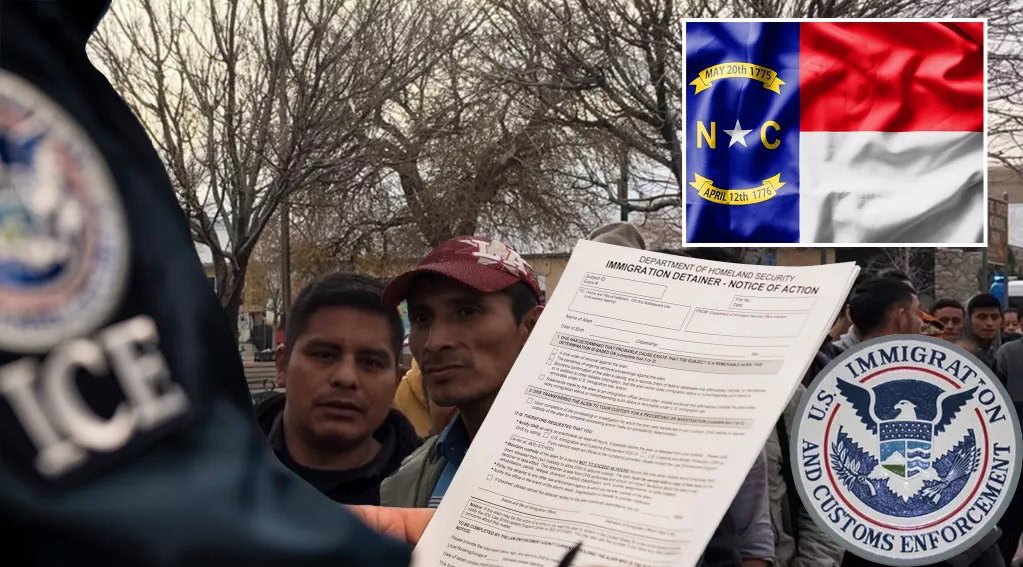By Shari Rendall
FAIR
The North Carolina House and Senate voted this week to override Governor Roy Cooper’s (D) veto of House Bill (HB) 10 which requires state and local law enforcement to honor immigration detainers.
HB 10 would:
- require that any alien in law enforcement custody who has an immigration detainer placed on him/her appears before a state judicial official, and, if the official determines the person named in the detainer is the same person appearing, then that individual must be held for 48 hours or until picked up by ICE, whichever comes first;
- require local jail officials to query ICE for immigration status and outstanding detainers for anyone booked for homicide, sex crimes, kidnapping, human trafficking, gang crimes or felony drug crimes;
- make law enforcement immune from civil and criminal liability for compliance with these provisions.
Most North Carolina law enforcement agencies already honor detainer requests. However, sheriffs who were elected in 2018 and serve in five of the state’s most populous counties (Wake, Mecklenburg, Guilford, Forsyth, and Buncombe) stopped honoring detainers. Within a year of taking office, these sheriffs had released nearly 500 criminal aliens with serious charges such as homicide, kidnapping, arson, and rape, prompting the legislature to introduce the detainer bill.
Rockingham County Sheriff Sam Page, who was critical in galvanizing state-wide support for HB 10, was thrilled by the news of its enactment. Speaking to FAIR by phone, he said, “This is a historical moment in North Carolina. It will require sheriffs in the state to uniformly cooperate with immigration officials. This is something that needs to be done to protect our communities and uphold the rule of law.”
Predictably open-borders advocates said HB 10 will create mistrust with the “immigrant community.” According to Stefanía Arteaga, co-executive director of Carolina Migrant Network, HB 10 “forces local agencies to act as immigration enforcers, creating an environment where families live in constant fear and are less likely to report crimes or seek critical services.”
It took five years for the detainer bill to become law, and each year, FAIR was there to support the legislation. Previous versions of the detainer bill were passed during the 2019 and 2022 legislative sessions but vetoed by Governor Cooper. This year, with supermajorities in both chambers, overriding Governor Cooper’s veto became possible.
See our interview with Sheriff Sam Page on this here:
















